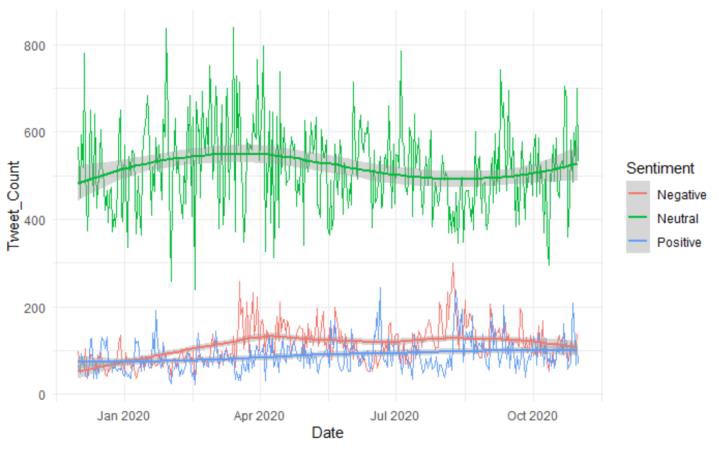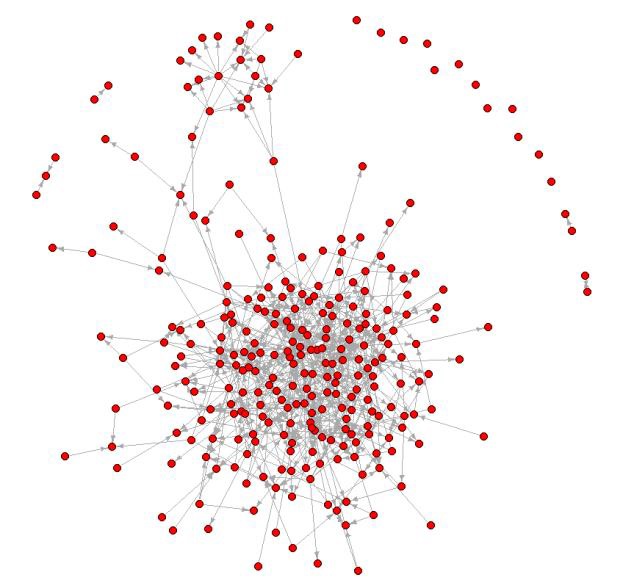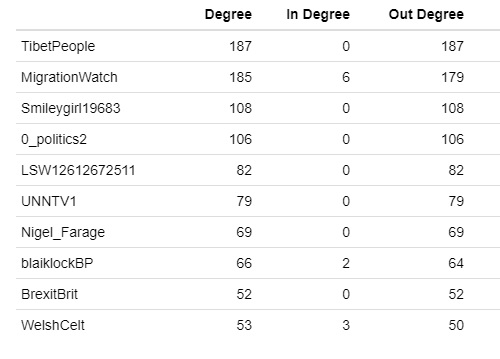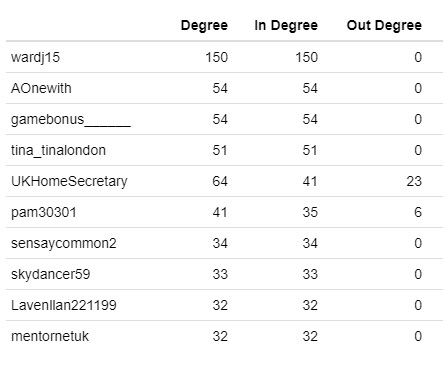Geodemographics - blogs and resources
Visit the Geodemographics Knowledge Base (GKB) for expert blogs and links to useful sources of geodemographic data and knowledge.
The MRS Census and GeoDems group champions new thinking and new talent; one area they have been particularly impressed with is the CDRC Masters Dissertation Scheme (MDS)
This programme offers an exciting opportunity to link students on Masters courses with leading retail companies on projects which are important to the retail industry. The scheme provides the opportunity to work directly with an industrial partner and to link students’ research to important retail and ‘open data’ sources. The project titles are devised by retailers and are open to students from a wide range of disciplines.
MRS CGG are proud to have been granted permission to publish abstracts from the dissertations and we are sure the students have a great future ahead of them.
This abstract is by Megan Clark, titled: A quantitative analysis of anti-migrant sentiment on Twitter during the COVID-19 pandemic
Academic Institution: University of Bristol
Industry Sponsor: International Organisation for Migration
Background and Motivation
This research seeks to identify key sources of anti-migrant sentiment on Twitter and understand the networks of users who discuss migration during the COVID-19 pandemic. This research will focus on, but is not limited to, the intensification of xenophobic sentiment related to the COVID-19 pandemic and harmful narratives which associated China with the outbreak of the pandemic.
Social media plays a pivotal role in shaping conversations in society and influencing political opinions, and social media data is a powerful tool for social researchers. During the COVID-19 pandemic, social media was a vital channel of communication, enabling social connection in an otherwise physically distanced society.
However, it also has the potential to create echo chambers which can serve to reinforce pre-existing beliefs and polarize political views. This in turn can create online environments where hate can thrive unchecked.
The period during the COVID-19 pandemic lockdowns exacerbated this, with social and travel restrictions, Brexit, economic precarity and a global health crisis all laying the groundwork for anti-migrant rhetoric to thrive. This was further fuelled by the pervasive spread of Anti-Asian sentiment (Sinophobia) due to the source of the virus, amplifying xenophobia narratives and racial and ethnic stereotyping and bolstering the worrying rise in nationalism across Europe.
Data and Methods
The data for this research is a subset of a European-wide dataset of tweets on migration during the pandemic, collected between December 2019 and November 2020. For this research, the tweets geolocated within the UK was be used, which makes up 241, 500 tweets and 109, 706 unique twitter users.
Firstly, a supervised learning model classified tweets by positive, neutral, and negative sentiment towards migrants and migration in Python, which will be analysed longitudinally. Social network analysis of relevant users will be carried out in R using igraph, specifically a comparison of the topology and dynamics of the negative and positive retweet networks. Finally, the authenticity and influence of these users will be analysed, to understand the role of bots across in discussions around migration and migrants.
Key Findings
Across the dataset the sentiment total tweet count for each label were:
| Label | Count | Percentage |
| Negative | 37, 786 Tweets | 15.6% |
| Neutral | 173, 995 Tweets | 72% |
| Positive | 29, 718 Tweets | 12.3% |
The findings of the research indicate that there was a stark rise in anti-migrant sentiment in the period immediately following the first lockdown in April 2020. This is coupled by another sharp rise in August-September 2020, which could be associated with a combination of factors, such as contentious changes in travel and quarantine restrictions in early July, the postponement of the easing of restrictions in August, and the reintroduction of lockdown measures in the UK in September.
Figure 1: Longitudinal Analysis of Anti-Migrant sentiment

The social network analysis showed that the anti-migrant networks are more densely connected than the pro-migrant networks, which supports the theory of echo chambers and the faster spread of anti-migrant sentiment across social media. It was possible to identify key producers of anti-migrant sentiment, which could suggest that a targeted approach at tackling the key producers of migrant sentiment could still have a significant impact.
Figure 2 and 3 are visualisations of the most central nodes in the retweet networks, where the network with red nodes is negative towards migration, whilst green is positive. The topology of these networks highlights the density of the negative network, with clusters of nodes and more ties between the users, whilst the positive network is fragmented.
Figure 2: Network of Anti-Migrant Twitter Users

A key finding of the network analysis was that users could be classified as either ‘creators’ or ‘spreaders’ of anti-migration sentiment. Results highlighted the presence of potential ‘counter-hate’ which manifested through a rise in positive sentiment towards migrants or migration following peaks of negative sentiment.
Finally, an investigation into the role and influence of bots revealed a high number of suspended accounts in the anti-migration network. This was both a limitation of the research, and an indication of the disproportionate influence of bots and accounts sharing hate-speech. The research was inconclusive concerning the effect of ‘echo chambers’ but the scale-free topology of the network shows that a small number of active users drive the spread of anti-migration sentiment. This implies a targeted approach to tackling online hate could limit the rise in hate crimes towards migrants.
Value of the research
This research is critical for understanding how the spread of damaging anti-migrant rhetoric can be disrupted on social media platforms. The research suggests an interesting relationship between Islamophobia and Sinophobia relating to migrants and migration and that public perception of types of migration relating to different ethnic, cultural or religious groups is key to tackling harmful stereotypes. This is pertinent considering the variants of COVID-19 which are continuously emerging and evolving, where the ‘South African’ and the ‘Indian’ variants represent a potential avenue for further stigmatisation.
This research demonstrates the need for an ongoing framework to monitor and tackle anti-migration sentiment on social media. From a policy perspective, it will provide evidence to support the work of the Global Migration Data Analysis Centre’s work and will contribute to the International Organisation for Migration’s policy and action.
Since Twitter has started to implement measures to address online hate, many accounts (and their tweets) have been deleted. This dataset includes the comprehensive collection of tweets including these deleted accounts, which will be invaluable for researchers looking to build on this research and further retrospective analysis on migration and COVID-19.
Figure 3: Top 'creators' of anti-migrant sentiment, showing the network centrality measures, including verified users @blaiklockBP and @Nigel_Farage

Figure 4: Top 'spreaders' of anti-migrant sentiment, showing the network centrality measures. NB @UKHomeSecretary is not the official home secretary’s account.


Visit the Geodemographics Knowledge Base (GKB) for expert blogs and links to useful sources of geodemographic data and knowledge.


Our newsletters cover the latest MRS events, policy updates and research news.
0 comments